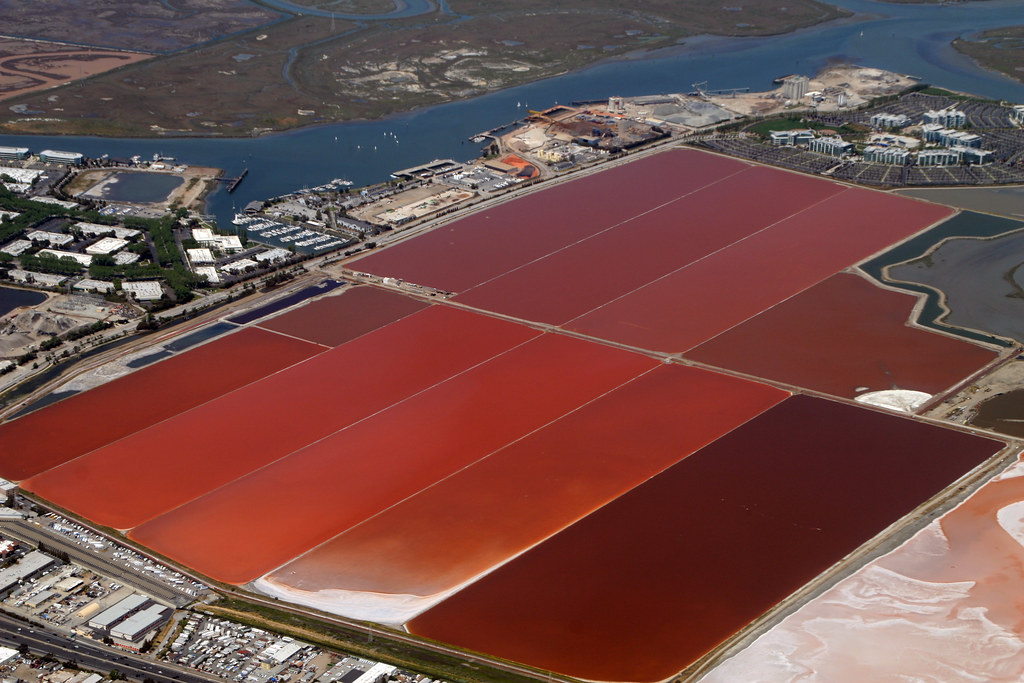
A federal judge in San Francisco on Monday overturned a U.S. Environmental Protection Agency ruling that would have allowed the dredging - cleaning and deepening of a body of water by removing rocks and sediment - and filling of Redwood City's salt ponds without obtaining permits from the appropriate federal agencies.
In a 21-page review, U.S. District Judge William Alsup determined that EPA ignored its own regulations and misinterpreted relevant case law. The judge therefore vacated the determination and remanded the case back to EPA for reconsideration under the existing rule.
In 2019, the EPA determined that the Redwood City salt ponds - an area comprising 1,365 acres (about 552 hectares) - adjacent to the full San Francisco Bay where tidal wells, marshes and commercial salt mining operations also operate; the latter were not part of U.S. aquifers.
The determination had important consequences: If the salt ponds were not considered waters of the United States, they were not subject to the Safe Drinking Water Act; this meant that private development could proceed without complying with the law; in conclusion, the rules required permits prior to filling and dredging.
The salt ponds are owned by a subsidiary of Cargill, Inc. a large, privately owned multinational food company. California Attorney General Xavier Becerra and a group of environmental organizations, including Save the Bay and San Francisco Baykeeper, sued the EPA to challenge the ruling.
Salt ponds are filled with dams for use in salt extraction operations. The saline water fills a series of evaporation ponds that result in salt deposits that can ultimately be mined and profit from their product.
The controversy revolved around whether the fact that the salt ponds were separated from the bay itself by the development of a system of dikes and dams caused them to cease to be part of the navigable waters of the bay and, therefore, U.S. territory.
"The salt marshes in the area have not dried up and have had continuous connections to the Bay," the judge ruled. Based on that, the EPA erred in determining that they were not part of the navigable waters of the Bay.
The court vacated the determination and sent the case back to the EPA for reconsideration, this time applying the appropriate legal standards.
[With information from BCN]


